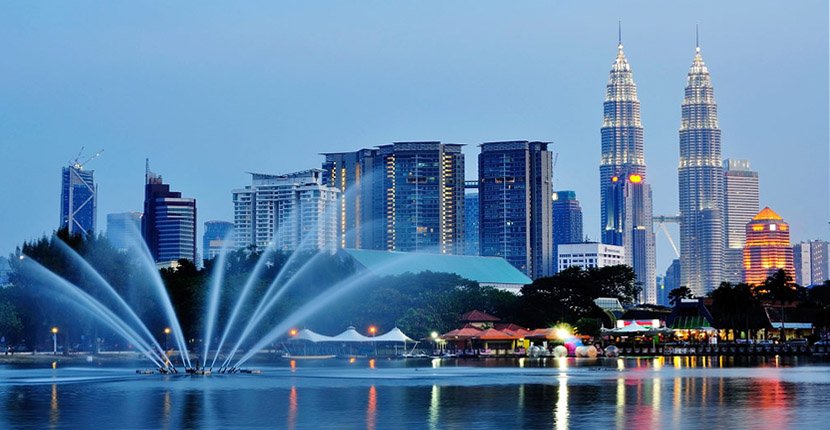Islamic tourism, also known as Halal tourism, is a flourishing sector within the global travel industry that caters to the needs and preferences of Muslim travelers. With the Muslim population expected to reach nearly 2.2 billion by 2030, according to a report by Mastercard-CrescentRating, Islamic tourism is becoming an increasingly important market for countries and businesses looking to attract and cater to Muslim travelers.
Islamic tourism encompasses a wide range of services and facilities that adhere to Islamic principles and values. This includes halal food, prayer facilities, and accommodations that are segregated by gender. In addition, Islamic tourism also promotes activities and attractions that are in line with Islamic beliefs, such as visiting historical mosques, Islamic museums, and pilgrimage sites.
One of the key drivers behind the growth of Islamic tourism is the increasing disposable income of Muslim travelers, particularly from the Middle East and Southeast Asia. These travelers are seeking destinations that offer them a comfortable and enjoyable experience that aligns with their religious beliefs. As a result, countries such as Malaysia, Indonesia, Turkey, and the UAE have emerged as popular destinations for Muslim travelers, offering a wide range of halal-friendly services and attractions.
In response to the growing demand for Islamic tourism, many countries and businesses are investing in developing halal-friendly tourism infrastructure and services. This includes the construction of halal hotels, restaurants, and shopping malls, as well as the implementation of halal certification standards for food and other services. In addition, many airlines now offer halal meals and prayer facilities onboard to cater to Muslim travelers.
The rise of social media and online platforms has also played a significant role in promoting Islamic tourism. Muslim travelers are increasingly turning to social media influencers and travel bloggers for recommendations on halal-friendly destinations and accommodations. This has helped to raise awareness of Islamic tourism and encourage more Muslim travelers to explore new destinations that cater to their needs.
Overall, Islamic tourism is a growing force in the global travel industry, offering a unique and rewarding experience for Muslim travelers. As the Muslim population continues to grow and demand for halal-friendly services increases, countries and businesses that invest in developing Islamic tourism infrastructure are likely to reap the benefits of this lucrative market. With the right strategies and investments, Islamic tourism has the potential to become a major player in the global travel industry in the years to come.





